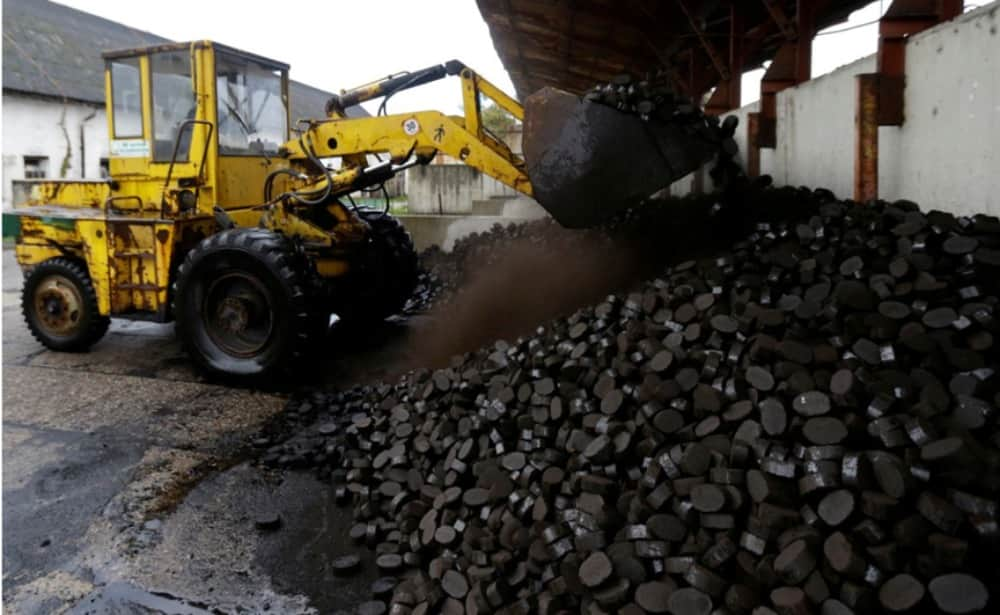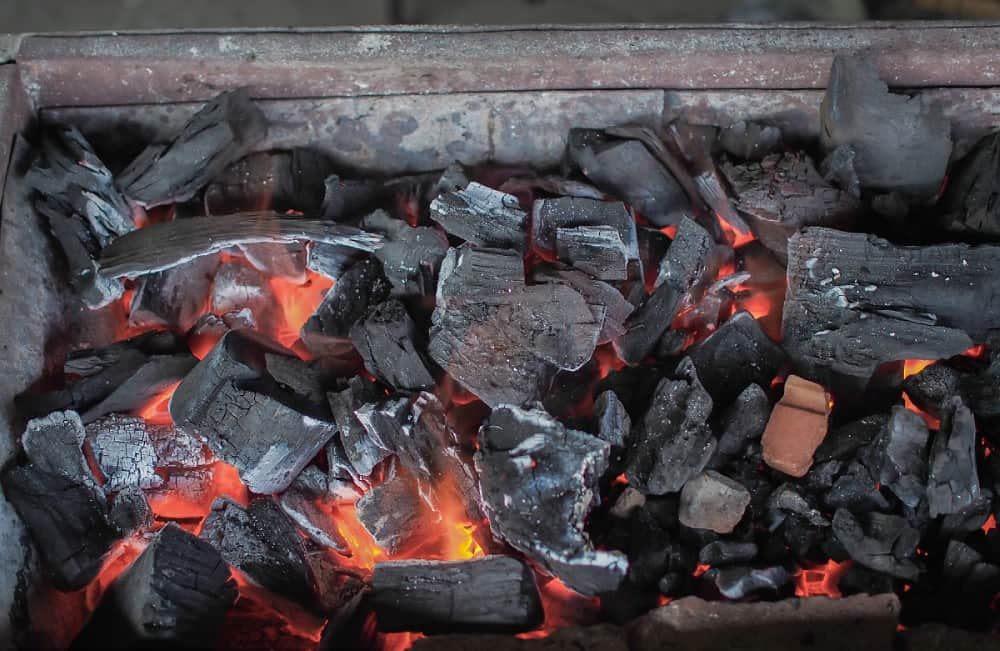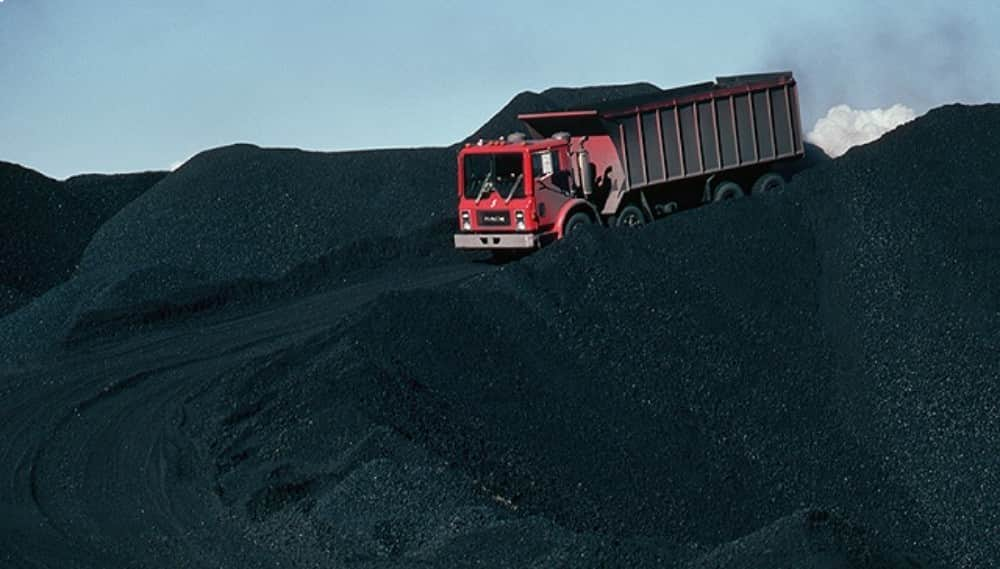Europe under the energy crisis: Poles stay up late to buy coal, and burn garbage for heating if they can't get it
 namkoo solar
namkoo solar
Usually in October, Rafael, who lives in Katowice, Poland, is ready for winter, but now he can't even buy coal.
"I've been trying to buy coal for three months, but I still can't buy it." Raphael said.
With the growing energy crisis in Europe, European countries are scrambling to find alternatives to Russian coal and natural gas. The International Energy Agency predicts that the global coal sales will reach 8 billion tons in 2022, returning to the historical high set in 2013.

Data map
【1】 Some Poles started burning garbage for warmth
Some Polish people without coal reserves can only rely on burning branches for heating.
Anna, a Polish citizen, told the media that she had not prepared any coal this year, had no stocks and had no fuel in the warehouse.
As the largest coal producer in the EU, 70% of Poland's electricity comes from coal, and about 3.8 million households rely on coal for heating. In the eastern part of Poland, people stayed up all night to buy coal because they were worried about the lack of fuel in winter. In order to meet the demand as much as possible, a coal mine implemented a two shift system from a few weeks ago, and did not shut down on weekends.
In addition to coal power, some residents choose natural gas for heating. Many Chinese in Poland told the Nine Factions News that they had not bought coal in Poland, but used natural gas. Xiaomi, who was studying in Warsaw, Poland, said that her home was heated by natural gas, and it was unclear how much the heating fee had increased. "My classmates are all collectively heated by natural gas, and those who use coal for heating may not be very rich. The biggest impact of the energy crisis is the soaring oil cost, which doubled from 4.5 zloty three years ago to 8.23 zloty now."
Chunxiao is a full-time wife in Poland. The house she rents is free of charge for heating. She told the Jiupai News that her family had installed air conditioners made in China before, which were easy to use but also cheap. Recently, the price has increased. "There are subsidies for electricity and natural gas, but I don't know whether there is any coal. The subsidies are not very expensive. All Polish employees have raised their salaries. My rent has increased a few points every year according to the bank interest rate. The price is reasonable and the customers are very stable."
Due to the shortage of fuel and the soaring cost of living, some Poles began to burn garbage for heating. Earlier, Polish parliamentarians had suggested that the public "burn almost everything except tires and similar harmful substances."

【2】 The government may issue anti haze masks to deal with the pollution problem of burning garbage
According to Bloomberg, Poland has always been a country with poor air quality in EU countries. Now, the pungent smell of burning garbage is intolerable to residents. Mosca, a 35 year old citizen, said, "This season is really bad. Every day is the smell of burning garbage. It's frightening to think of facing this when the weather gets cold."
According to the survey, 60% of Polish families do not have enough coal to spend the whole winter. Therefore, many residents recently went to the Czech Republic to buy coal. Concerns about coal shortage have also been exploited by fraudsters. Previously, there were many coal fraud cases, and some people even bought stones dyed black. A spokesman for an environmental protection organization in Poland said that people were afraid and were collecting everything that could be burned, including lignite, wood, peat and garbage.
Several towns in Poland have directly cancelled a series of fuel restriction policies. In some parts of Little Poland, citizens are allowed to burn anything from coal to garbage before 2024. Before the epidemic, environmental protection was also emphasized here. At that time, the Krakow police specially deployed drones to patrol from high altitude to check whether families burned garbage illegally.
After the Polish government relaxed the restrictions on incineration, environmental problems followed. A report of the European Environment Agency once pointed out that air pollution in Europe causes 467000 premature deaths every year, and 9 urban residents in every 10 cities breathe harmful gases, while Poland ranks the bottom in the European air quality inspection. Poland has 40 seats on a list of 100 EU cities with the worst air quality.
Bloomberg said that the Polish government intends to issue anti haze masks to citizens this winter to deal with the pollution problem caused by garbage burning.

【3】 Germany begins to levy "natural gas surtax"
Due to the rise in natural gas prices, some German people also started burning coal for heating. Recently, Engelke, a coal supplier in Berlin, Germany, has been doing a lot of business, and orders have been scheduled for next month. In the past years, the main buyers of coal were the elderly who lived in old communities and could only use coal for heating. But this year, more new customers bought coal.
It is reported that the German government has announced that it will levy a "natural gas surtax" from October this year. The energy expenditure of a family of four may increase by nearly 500 euros. In the eyes of consumers, burning coal for heating is obviously a more cost-effective option. Bloom, a German citizen, told the media that this was his first time to buy coal. He had always used gas for heating and wood for burning stoves. With the rise of natural gas prices, he wanted to use coal for heating to keep his home warm all night.
Monthly, who was studying in North Westphalia, Germany, told the Jiupai News that up to now, the energy crisis had no impact on her, because she lived in the student dormitory and provided all kinds of water, electricity and heating. "Germany started heating in early September, and no one around me bought coal, but some people bought electric blankets."



































